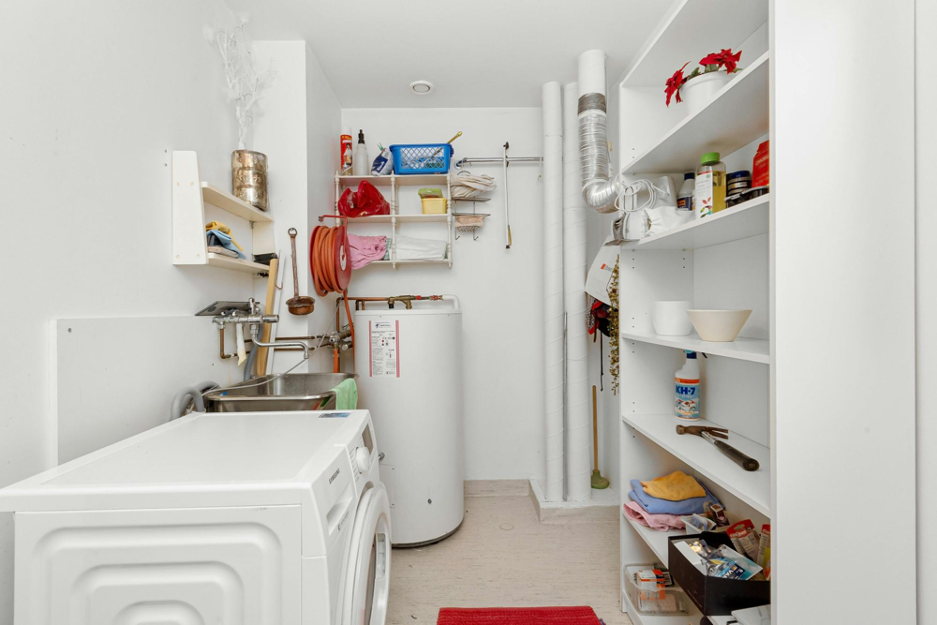Water heaters are unsung household heroes, silently ensuring hot showers and cozy baths. However, like any appliance, they are prone to malfunction, and repairs become inevitable. Homeowners find themselves facing choices when it comes to either repairing or replacing a water heater. Understanding the costs associated with these repairs and assessing their benefits is vital for making informed decisions.
What Drives Repair Costs?
When a water heater falters, the repair bill can vary greatly. Labor charges and the complexity of the fix play significant roles. Generally, repairing elements, thermostats, or pressure valves might be straightforward, with expenses ranging from modest to more substantial. On the other hand, leak repairs, especially from the tank, may demand more effort and present a higher price tag.
Another big factor is the age of the water heater. Older models may have parts that are either hard to find or more expensive, pushing costs upward. Moreover, certain tasks may have hidden costs. For instance, accessing hard-to-reach components or adhering to newer safety standards can inflate the final invoice.
Homeowners should also consider the reliability of the repair service. Opting for a reputed service provider with experienced technicians can potentially mean fewer future breakdowns. While choosing a cheaper technician might seem like a good deal, it can sometimes lead to further repair needs, thus adding to the expenses over time. Reviews and recommendations are valuable when assessing service quality and price fairness.
For those looking to ensure quality repairs, seeking services from a leading plumber in your area can provide peace of mind, knowing that experienced professionals handle your repairs efficiently and effectively.
Benefits of Repairing Over Replacing
Deciding to repair rather than replace can be a savvy financial decision, especially if the water heater hasn’t surpassed its half-life (typically around a decade). Opting for repairs can lead to some immediate advantages, such as:
- Cost-Effectiveness: Repairs are usually less expensive than full replacements, allowing homeowners to maintain cash flow.
- Familiarity: Existing systems that have served well can continue their utility, sparing users the adjustment period that often accompanies new appliances.
- Environmental Considerations: By extending the life of a unit, waste is minimized, contributing positively to environmental sustainability.
Additionally, repairing your water heater can result in quicker resolution times. Replacing an entire unit often involves waiting for delivery, installation, and potential home modifications to accommodate newer units, which might have different dimensions. A swift repair often means you can resume normal water heating operations in a fraction of the time.
When to Consider Replacement
While repairing equates to short-term savings, replacements might sometimes be the silent winners in the long run. Indications that a replacement may be prudent include:
- Frequent Repairs: If recurring repairs become a pattern, replacement tends to be more economical over time.
- Energy Efficiency: Newer models often boast superior energy-saving technologies, leading to reduced utility bills.
- Age and Performance: Units that have reached or exceeded their anticipated lifespan may no longer perform optimally.
Replacement could offer tax incentives and rebates, depending on local regulations and promotions.
Moreover, replacing an aging water heater can provide peace of mind, reducing the likelihood of sudden failures that can disrupt daily activities. Knowing that a new system starts with zero wear and carries warranties can alleviate potential stress concerning unexpected breakdowns. Considering these auxiliary benefits of replacement could tip the decision scale for many homeowners.
Considering DIY Approaches
For mechanically inclined homeowners, do-it-yourself repair is an attractive option. While this approach can save on labor costs, it comes with caveats. Certain repairs demand technical expertise and bypassing professional help might inadvertently escalate issues. Safety is paramount; working with water heaters involves risks such as gas leaks or electric shocks.
DIY enthusiasts can find numerous resources and guides available, aiding in diagnosing and solving straightforward issues like sediment flushes or thermostat adjustments. However, it is imperative to recognize personal skill limits. When in doubt, it is wise to consult with or hire professionals. Taking shortcuts may seem cost-effective, but can result in higher expenses if improperly addressed and result in safety hazards.
Conclusion
Water heater repairs and their associated benefits present homeowners with major decisions. Financial considerations, energy efficiency, and sustainability all come into play. While immediate cost savings can be enticing, long-term implications should be weighed heavily. An informed choice, ensuring the optimal balance between cost and benefit, can provide households with comforting warmth for years without unforeseen expenditures.

